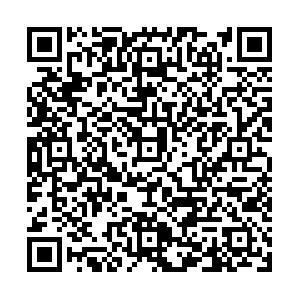Abstract:
Objective To apply the Swanson care theory in insulin injection education of diabetic patients and explore its application effect.
Methods Total 120 patients with type 2 diabetes admitted to the Department of Endocrinology, Hangzhou First People's Hospital Affiliated to Zhejiang University Medical College from March to December 2018 using convenient sampling method were selected as the study objects. According to the admission time, 56 patients from March to July were set as control group, and 64 patients from August to December 2018 were set as observation group. The control group used the conventional mode to inject insulin to the diabetic patients. On the basis of the control group, the observation group used Swanson care theory for education. The ability of insulin injection management and self-care behavior were assessed by self-made questionnaire and self-care behavior ability scale. The ability of insulin injection management, self-care behavior and blood glucose control were compared between the two groups at the time of admission and three months after discharge.
Results Three months after discharge, the total score of insulin injection management ability in the observation group(54.06±2.70) was significantly higher than that in the control group(42.64±4.84), and the difference was significant(
t=16.231,
P=0.001). Three months after discharge, the score of self-care behavior ability in the observation group(111.69±9.14) was significantly higher than that in the control group(94.77±12.41), and the difference was statistically significant(
t=8.569,
P=0.002). Three months after discharge, the fasting blood glucose, 2-hour postprandial blood glucose and HbA1 c water in the observation group were significantly lower than those in the control group(all
P<0.05).
Conclusion Swanson care theory can help patients improve insulin injection skills and self-care ability of diabetic patients, thus achieving the goal of controlling blood glucose and promoting health.

 点击查看大图
点击查看大图



 下载:
下载:
